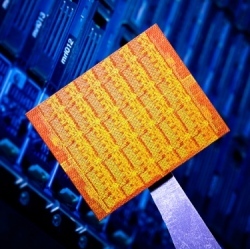
The phrase "post-PC era" has been kicked around a lot over the last year. The term comes from the idea that so many people are using smartphones and tablets that PCs aren’t as important anymore. Naturally, some of us at PCMag take exception to that. It’s hard to deny that computer sales have slowed and that mobile devices have exploded in the last decade, but that doesn’t mean we live in a post-PC era. In fact, it means just the opposite. We live in a new age of personal computing in which the term "personal computer" has become obsolete.
Let’s dig into the term PC. Early on, a personal computer was a monolithic, expensive device used to work, play, and communicate online. It was a single, specific thing around which you focused. Of course, when you have more than one person at home and only one computer, or when you are limited in your access by your work computer, it becomes much less personal. The term made sense when the idea of a device usable by one person as a self-contained computer, instead of terminals connected to a huge mainframe, was novel. But that was decades ago.
The term personal computer doesn’t apply as much anymore, because we are inundated with devices that have far greater capabilities than those personal computers. My cell phone is more powerful than my first five computers combined. It’s synced with my home computer, my work computer, my tablet, and my game systems, and they all are connected to different facets of my online identity, with the capability to access my media and communicate with my friends through each of them in different ways.
